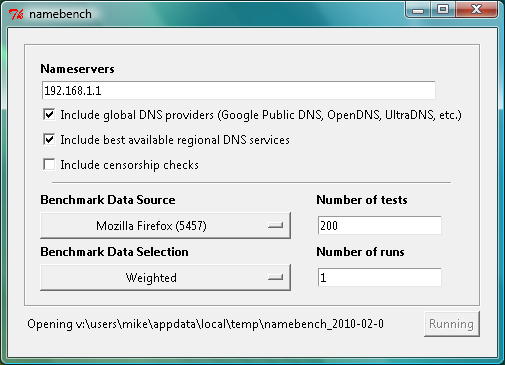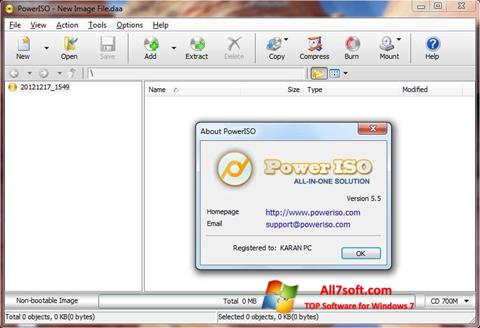
On first impressions, DNS Jumper appears to be a more basic DNS speed test tool. That's because the default DNS server list heavily favors US-based users.īuilding the custom list takes "around 37 minutes." But the result does provide a much clearer picture of the fastest DNS for your system. The first run-through only takes a few minutes.Īt the end of the first DNS speed test run, however, DNS Benchmark announces that you should create a custom DNS benchmarking list for DNS testing results that accurately reflect your system, connection, and locale. Let DNS Benchmark update the list, then select Run Benchmark. As the DNS speed test progresses, the servers with the fastest response move to the list's top.ĭownload and open DNS Benchmark, then select the Nameservers tab. There is a Windows application but no support for macOS or Linux.ĭownload: DNS Benchmark for Windows (Free) How to Use DNS Benchmark to Test DNS SpeedĭNS Benchmark is great because it constantly updates its DNS list. Like NameBench, you can run DNS Benchmark from a USB flash drive, requiring no installation. The Gibson Research Corporation Domain Name Speed Benchmark tool provides a detailed analysis of your connection's optimum DNS settings. Here's how you change your DNS settings in Windows and how to change your DNS settings on Mac. To find your fastest DNS option, try one of the following free DNS speed tests.

For some, their DNS should provide extra security and privacy features, too. Furthermore, you are free to use one of the free DNS alternatives. The default ISP DNS settings aren't automatically bad, but some are known to have connection and frequent name address resolution issues. When your ISP configures your internet connection, it is set to use the ISP's default DNS.

But the IP address for each site is a long string of numbers, and unless you are a mnemonist, you cannot remember the IP address for every site you want to and need to visit. The DNS server helps route the request to the appropriate IP address of that website.Įach website has an IP address. When you enter the name of a website in your browser address bar, your browser sends that name to a DNS server. The Domain Name System translates a human-readable website name to an IP address.

Which of these options best optimize your internet speed? Is one DNS better than its competitors? And how can you tell if it is? Read on to find out how you find the fastest DNS and optimize your internet speed in the process. It is an alternative to your ISP's default DNS settings which aren't always the fastest option and other public DNS services such as OpenDNS or the privacy-focused 1.1.1.1 DNS. Google's Public DNS is a free Domain Name System (DNS).


 0 kommentar(er)
0 kommentar(er)
